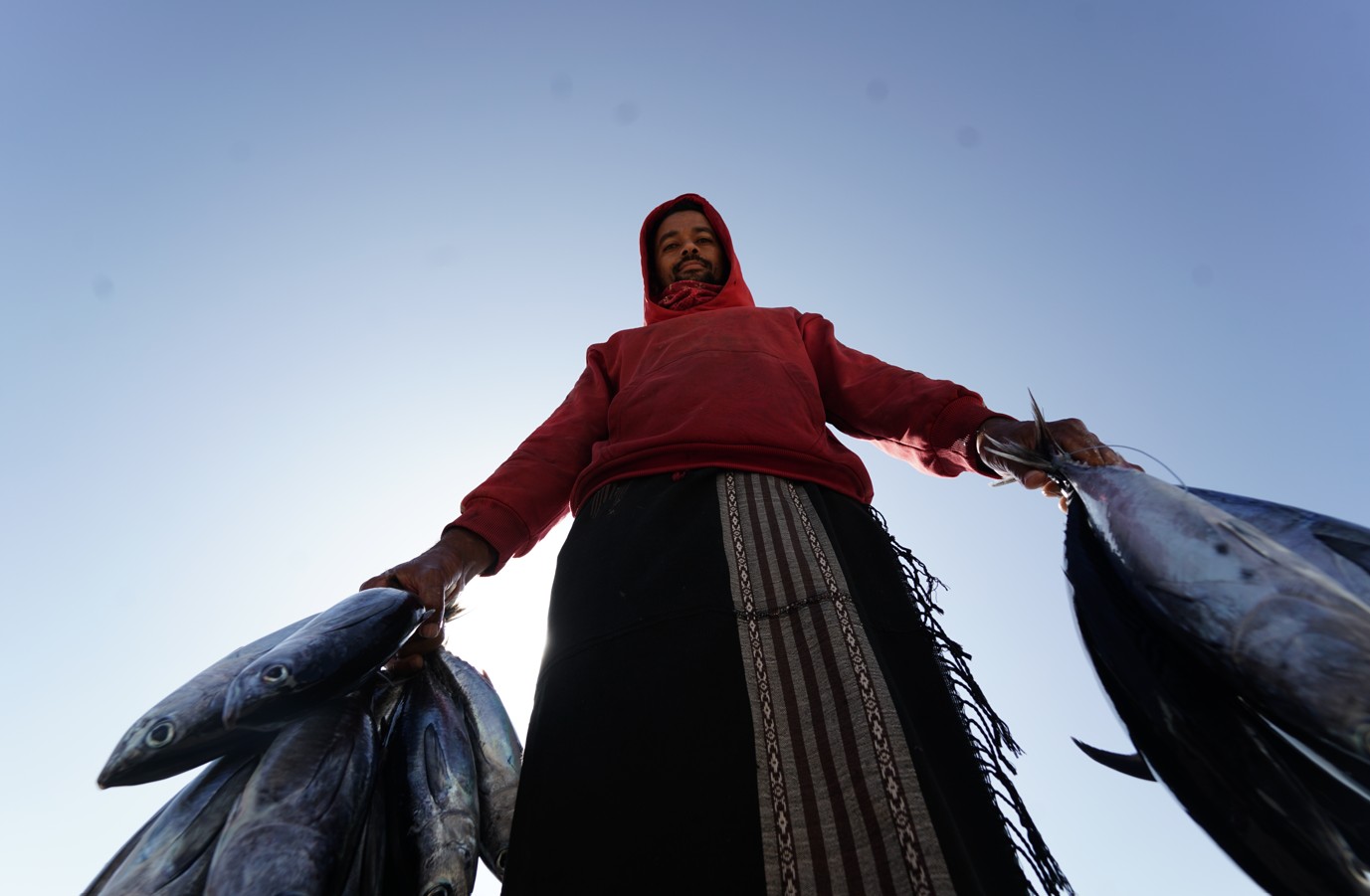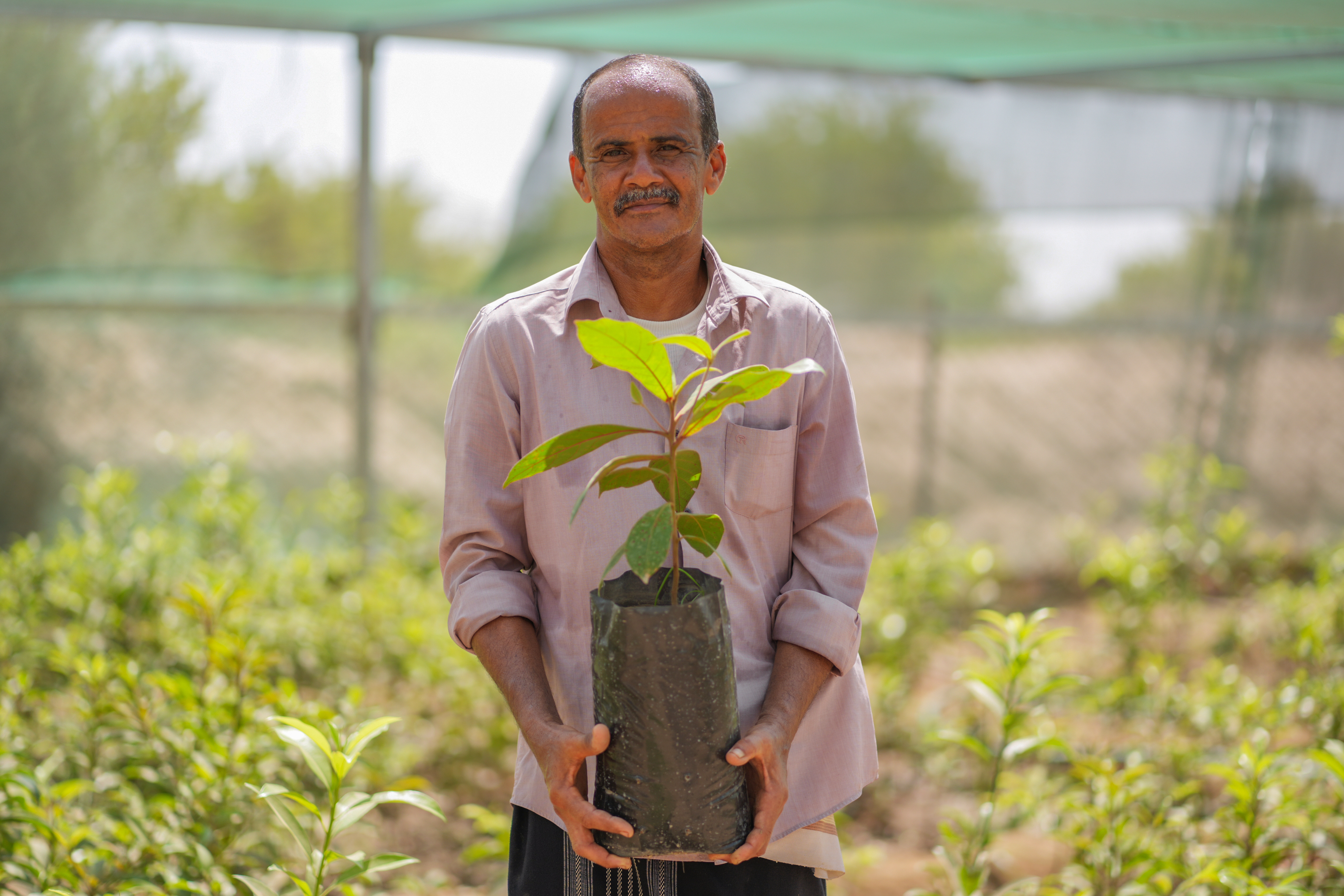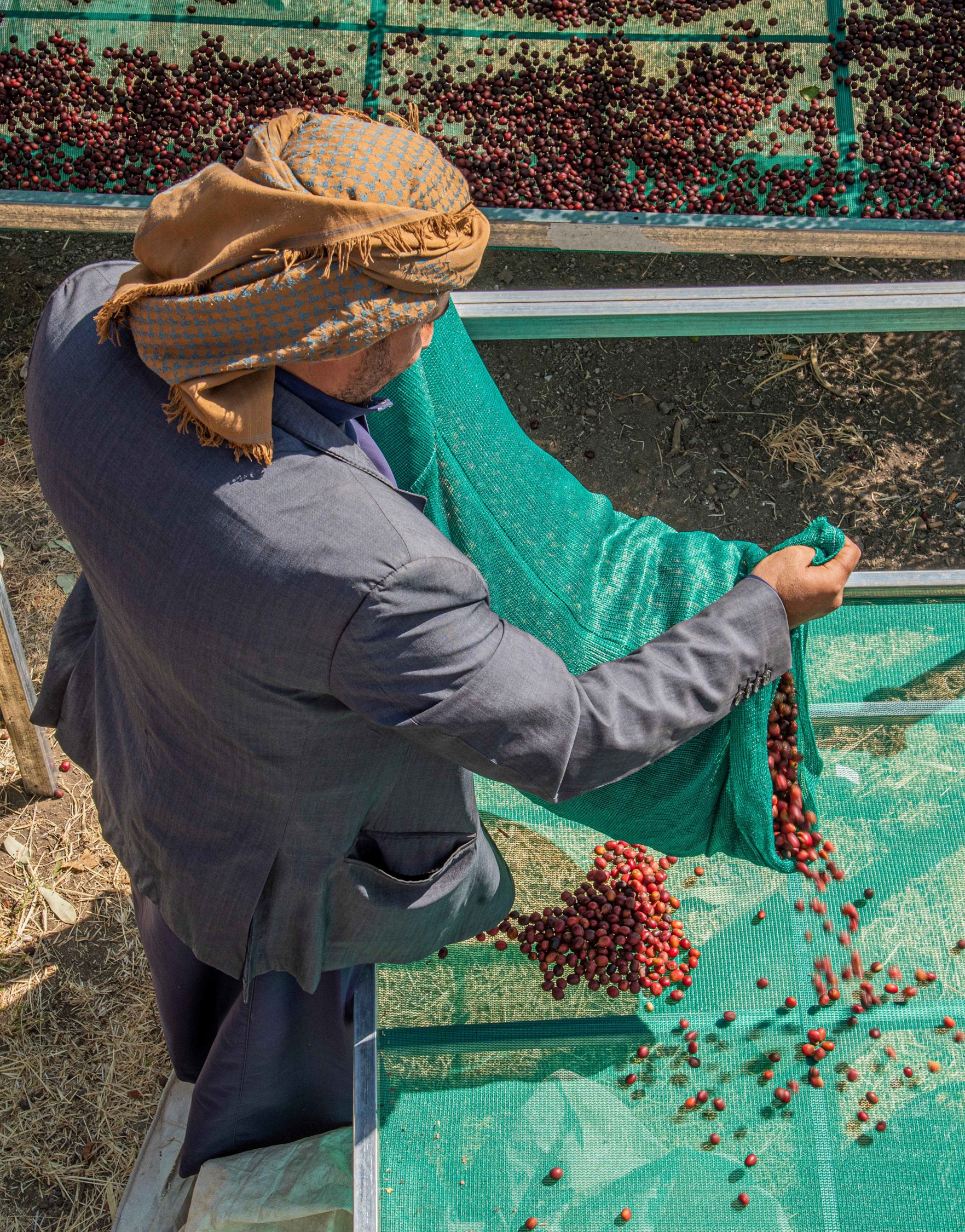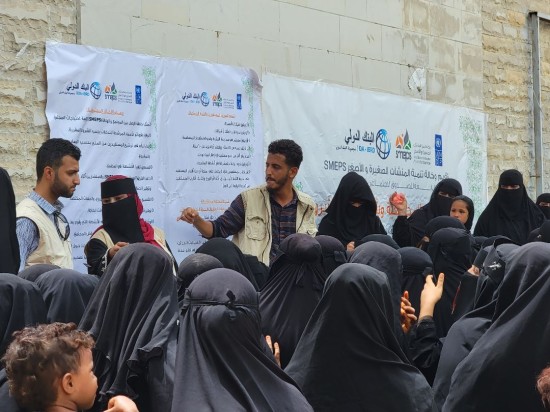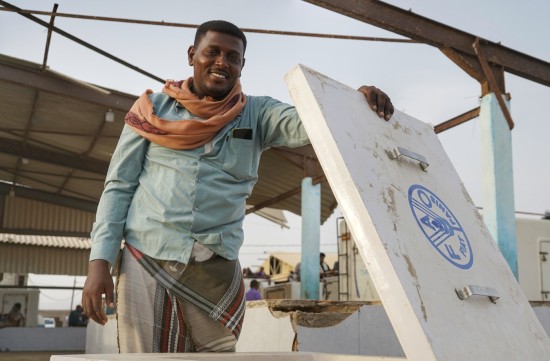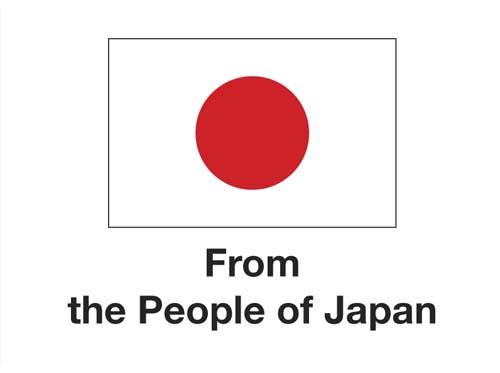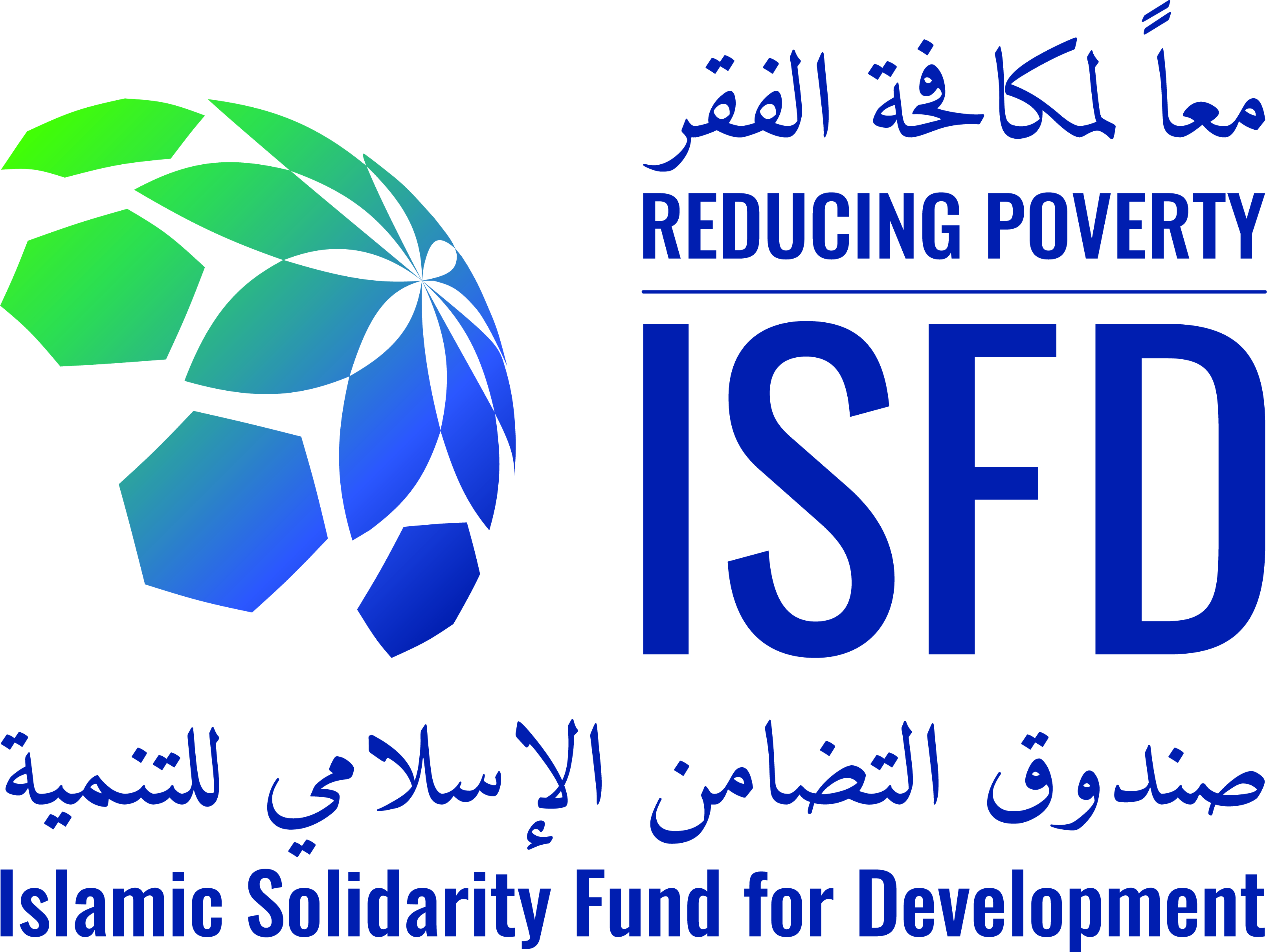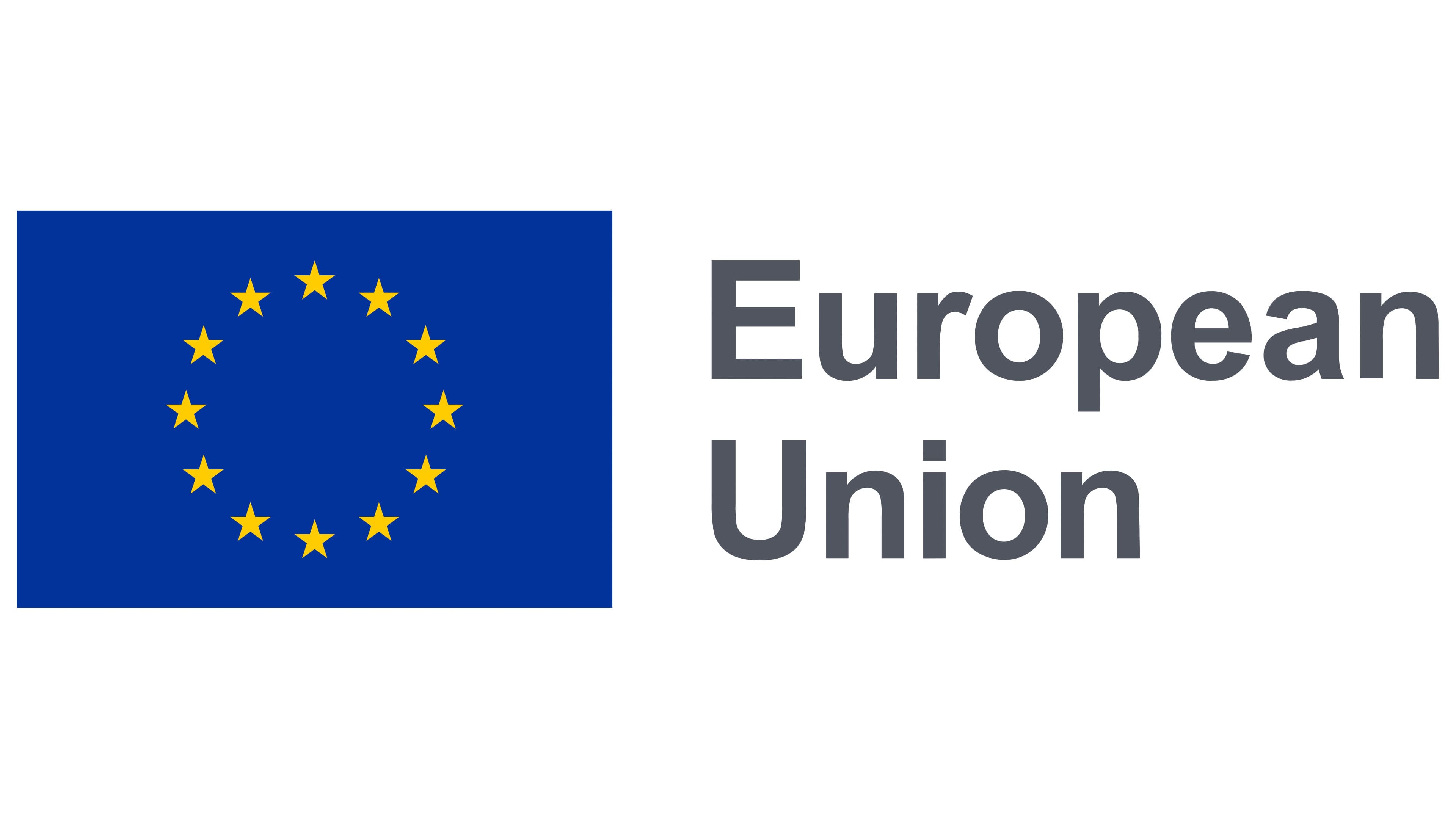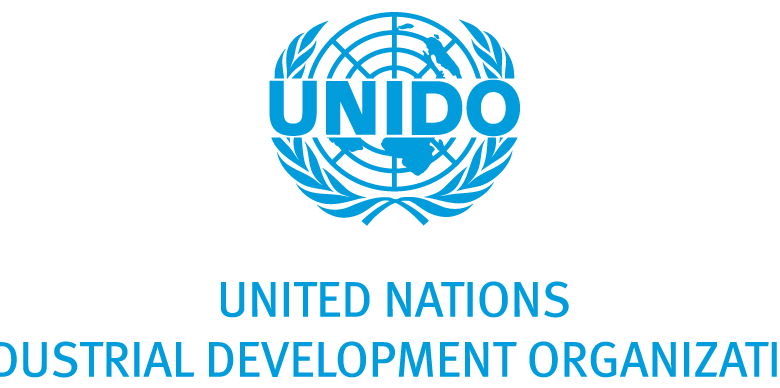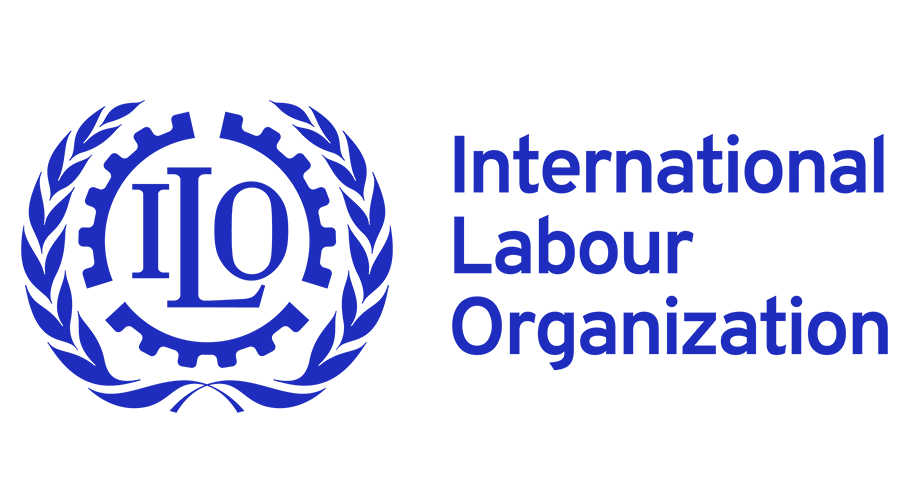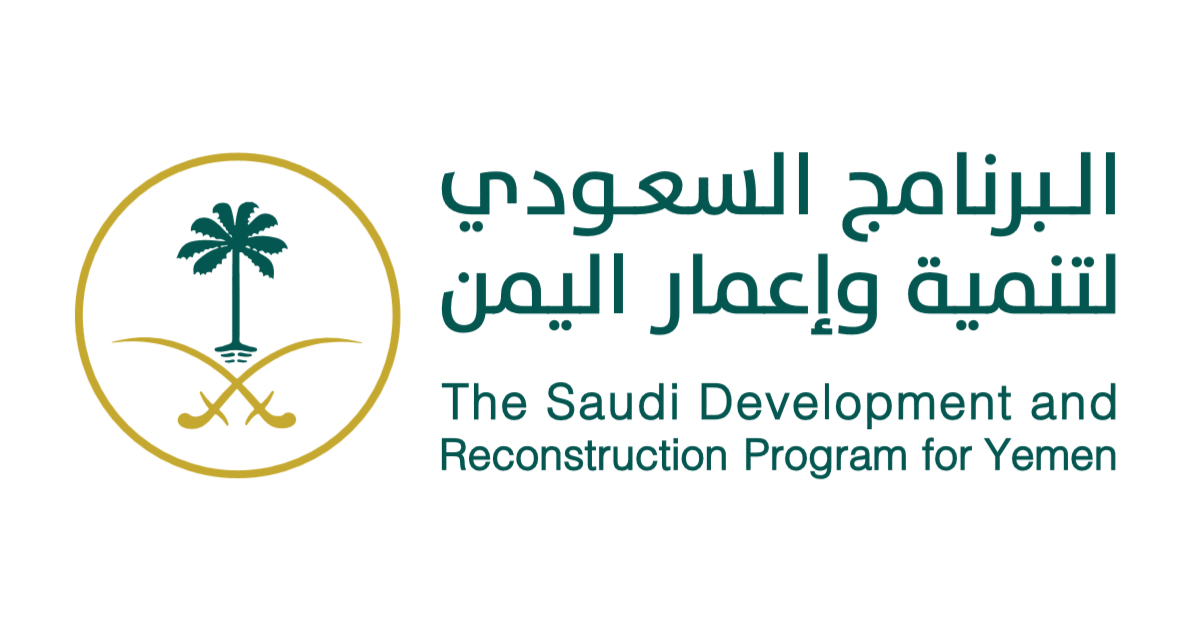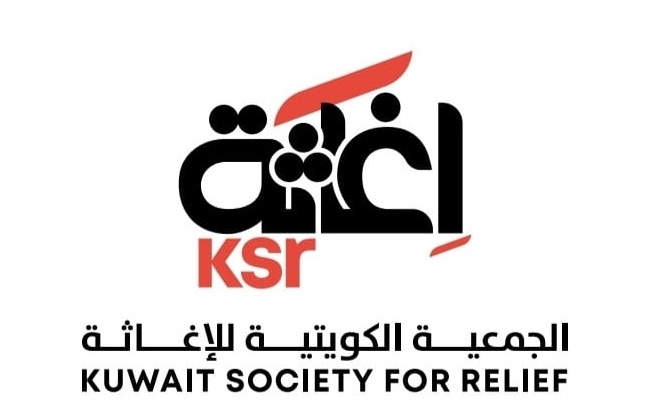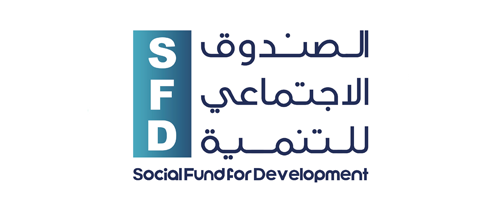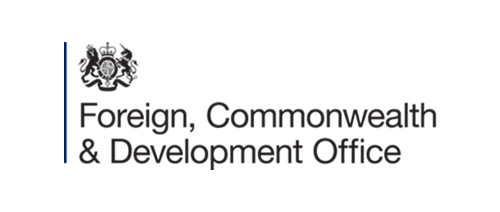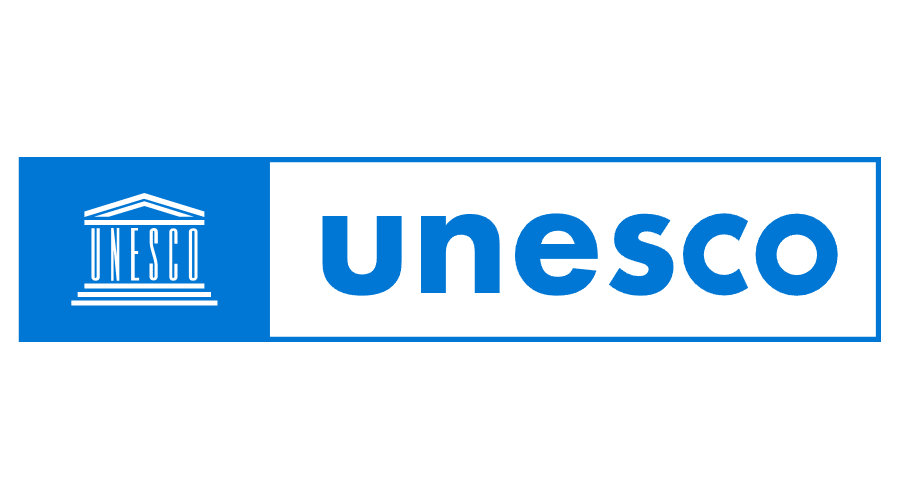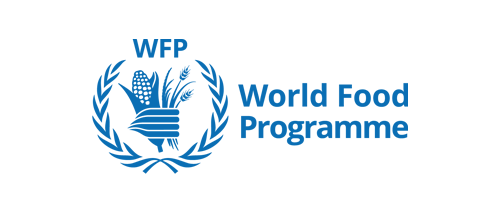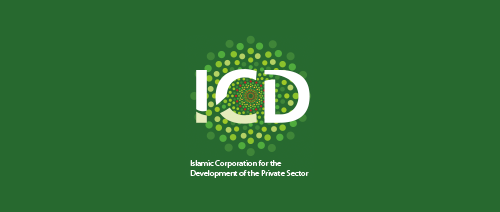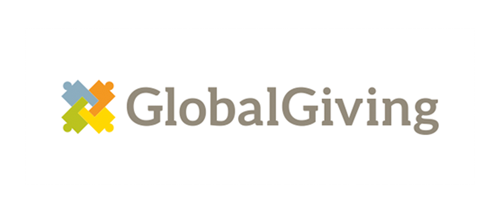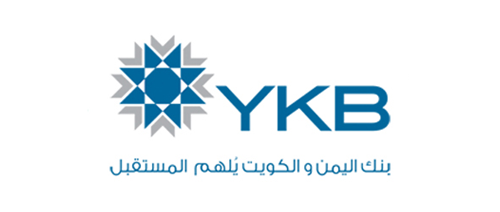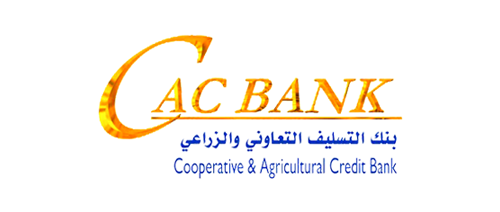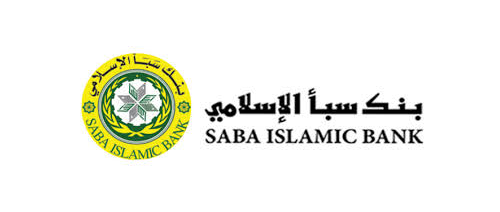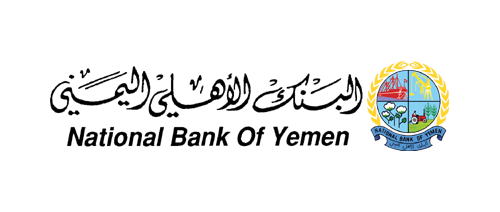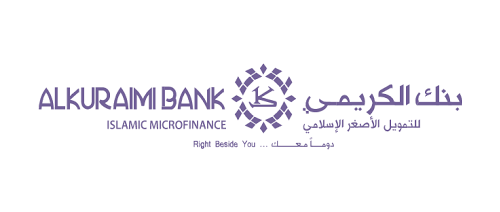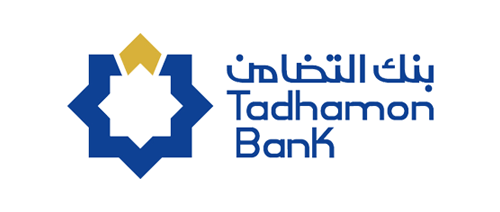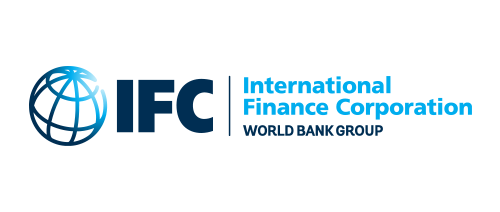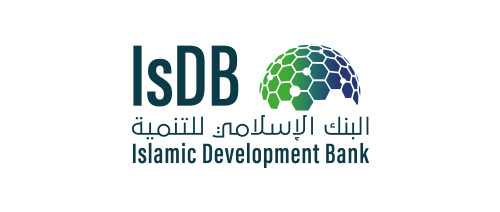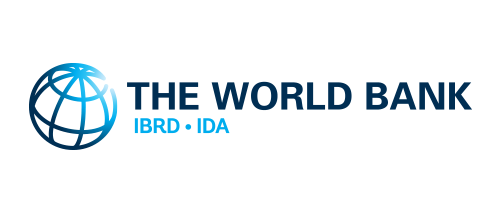We Support
Beneficiaries through cash transfer programs and matching grants for companies, or providing the equipment needed to support continuity and growth. These companies often provide basic and vital services such as health services and food.
We Empower
Beneficiaries to be solution makers, to take initiative and make decisions. Share rewards, motivation and strength with the community so they can improve service and performance
We Train
People to improve their performance and help them achieve the required level of knowledge and skills. The training improves their understanding of developing their business and ideas

SMEPSer


About SMEPS
During the conflict that began in Yemen since 2015, SMEPS was flexible and adaptable to successive crises, but it remained strong in its mission to be a tributary of development in Yemen by supporting existing small and smaller projects to remain resilient and continue to survive and grow. SMEPS has found innovative and effective ways to deal with and respond to field requirements by designing programs and projects that provide immediate assistance while providing long-term sustainable solutions aimed primarily at supporting Yemenis in obtaining a source of living with dignity.
